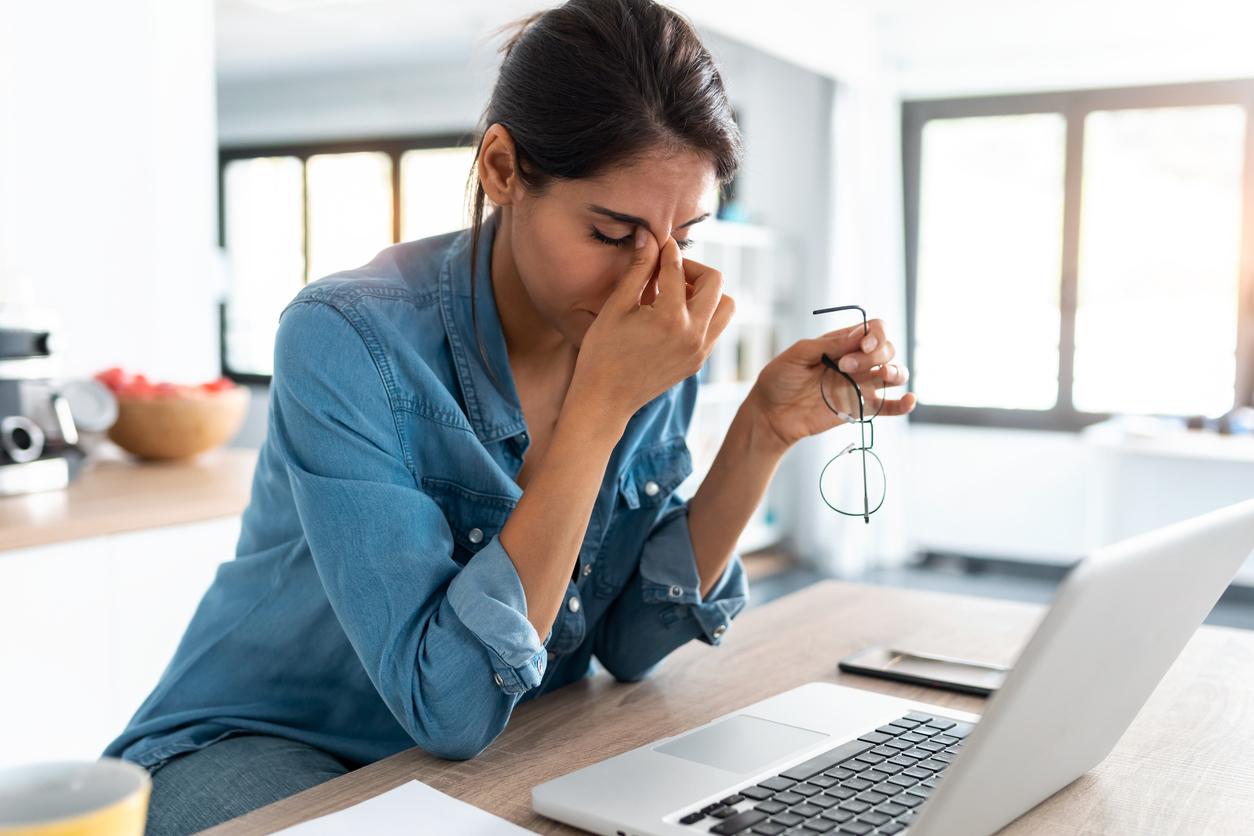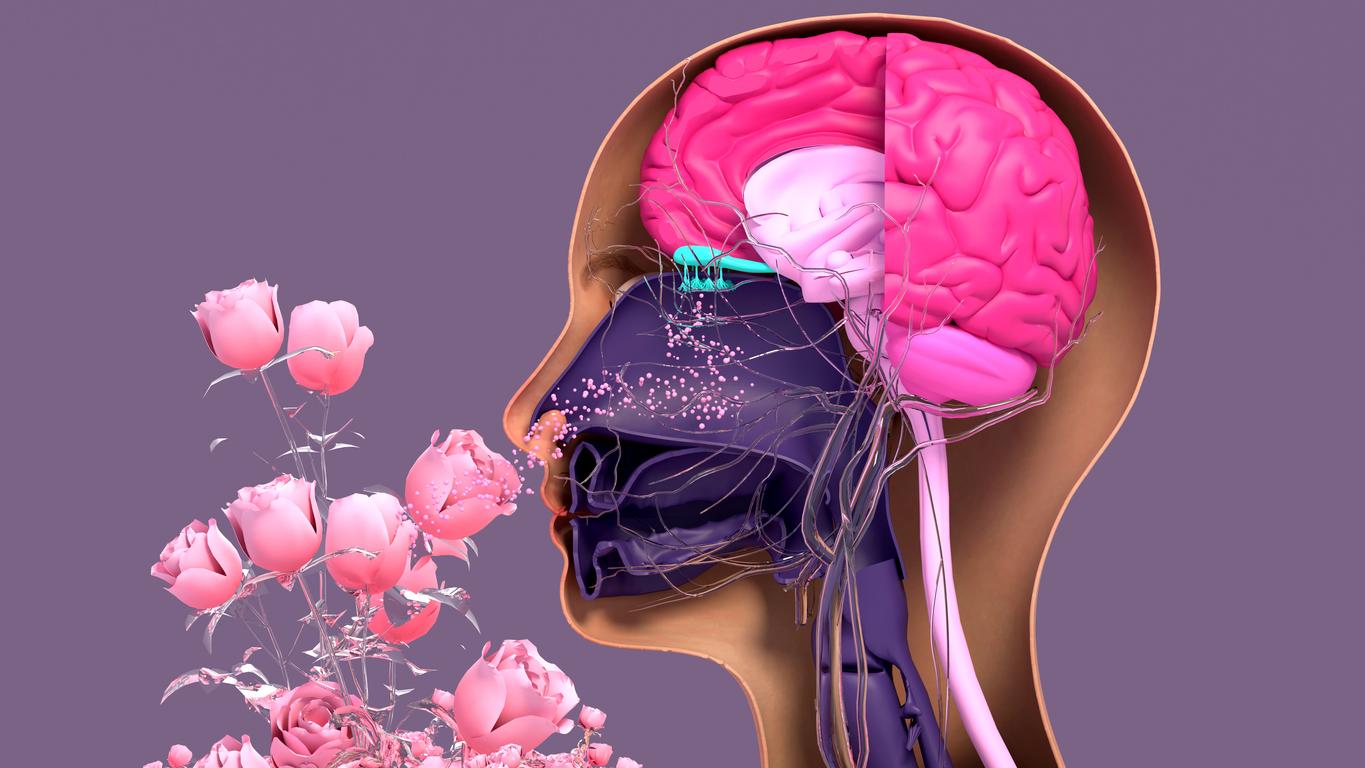Read at a café or walk alone in the woods? Researchers suggest that forms of relative solitude have more mental health benefits than forms of total isolation.

- According to the researchers, less “extreme” forms of solitude, such as reading in a cafe or listening to music on transport, are more likely to restore energy and maintain a sense of social connection.
- “Loneliness is not simply the opposite of social interaction. While intense social interaction strengthens bonds but depletes energy, intense solitude depletes both energy and feelings of connection.”
- The effects of loneliness, however, vary depending on the person’s attitude. Those who see solitude as an opportunity for restoration and future reconnection benefit more.
If you think that a solo forest hike, in total isolation, is ideal for recharging your batteries, a new American study could well change your mind. According to the researchers, less “extreme” forms of solitude, such as reading in a cafe or listening to music on public transport, are more likely to restore energy and maintain a sense of social connection. Details were published in the journal PLOS One.
Solitude is known to play a central role in well-being, including strengthening social connections, a key factor for overall health. The Centers for Disease Control and Prevention (CDC) in the United States emphasize that strong social relationships are associated with longer life, better mental health and a reduced risk of serious illnesses such as heart disease, stroke and dementia.
Relative solitude or total isolation
As such, researchers from Oregon State University and Ohio University surveyed nearly 900 adults to understand the impact of different types of loneliness. They thus designed a “matrix of loneliness” ranging from the basic level – no interaction – to the total level, “where one is both inaccessible to others and disconnected from the media”according to a press release. Their conclusion: Activities involving relative solitude, like playing on your phone or going to the movies alone, offer greater benefits than forms of total isolation, like writing in a remote house in the countryside.
Contrary to common belief, scientists explain: “Loneliness is not simply the opposite of social interaction. While intense social interaction strengthens bonds but depletes energy, intense solitude depletes both energy and feelings of connection.” This study challenges the idea that solitude serves to compensate for social fatigue. Indeed, social interactions require energy – a kind of “social battery” – that solitude does not always have the capacity to recharge.
A balance between personal energy and social connection
The effects of loneliness vary, however, depending on the person’s attitude, notes the study. Those who see solitude as an opportunity for restoration and future reconnection benefit more. “If you choose solitude to restore your energy and plan to meet up with other people later, it will probably do you good. But if you adopt it out of rejection of social interactions, it may depress you further.”
An observation that applies “for both extroverts and introverts”all of whom can benefit from solitude when chosen constructively. In a hyperconnected world, understanding and moderating one’s choices of solitude can thus contribute to a balance between personal energy and social relationships, the authors conclude.
















